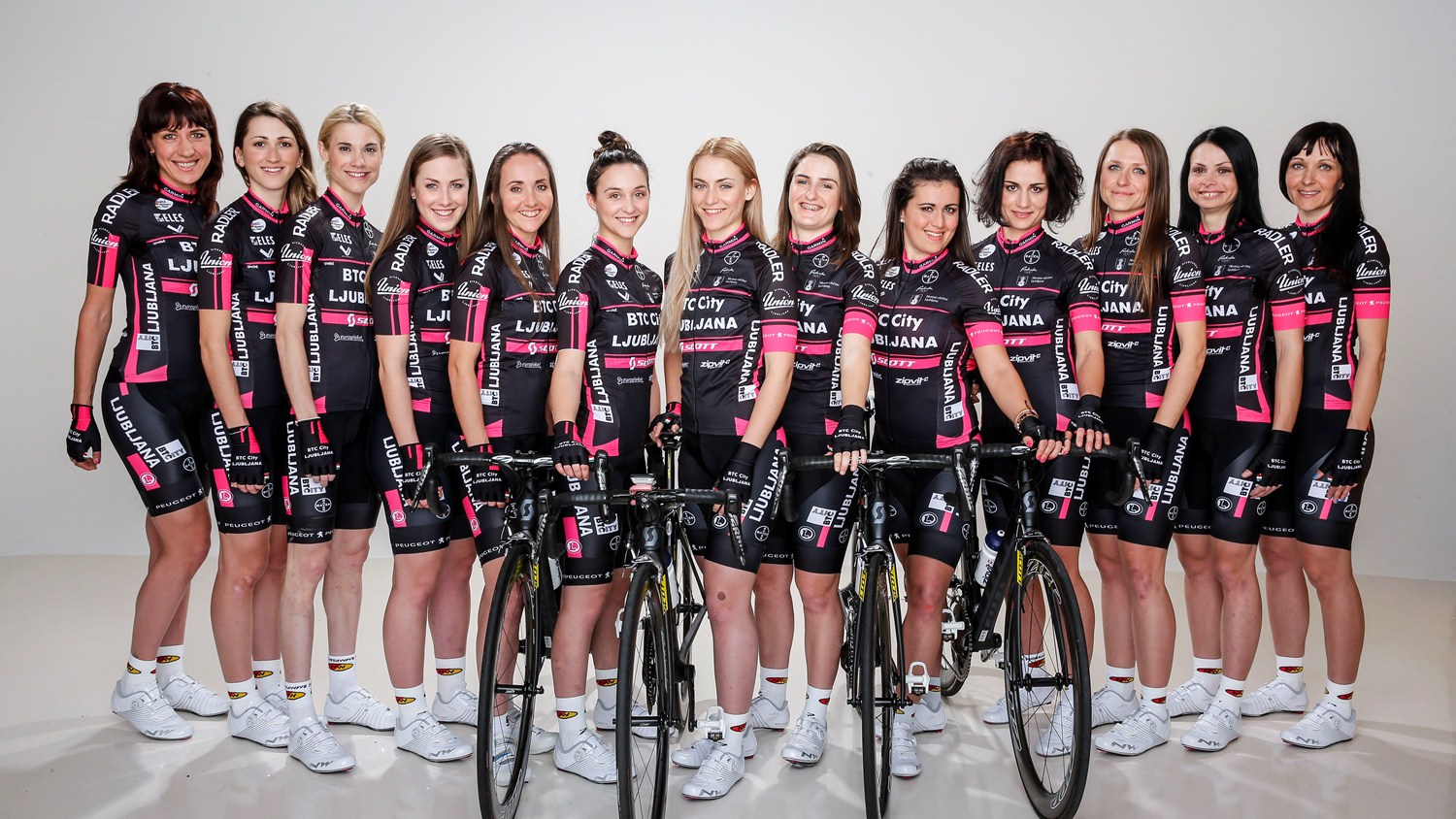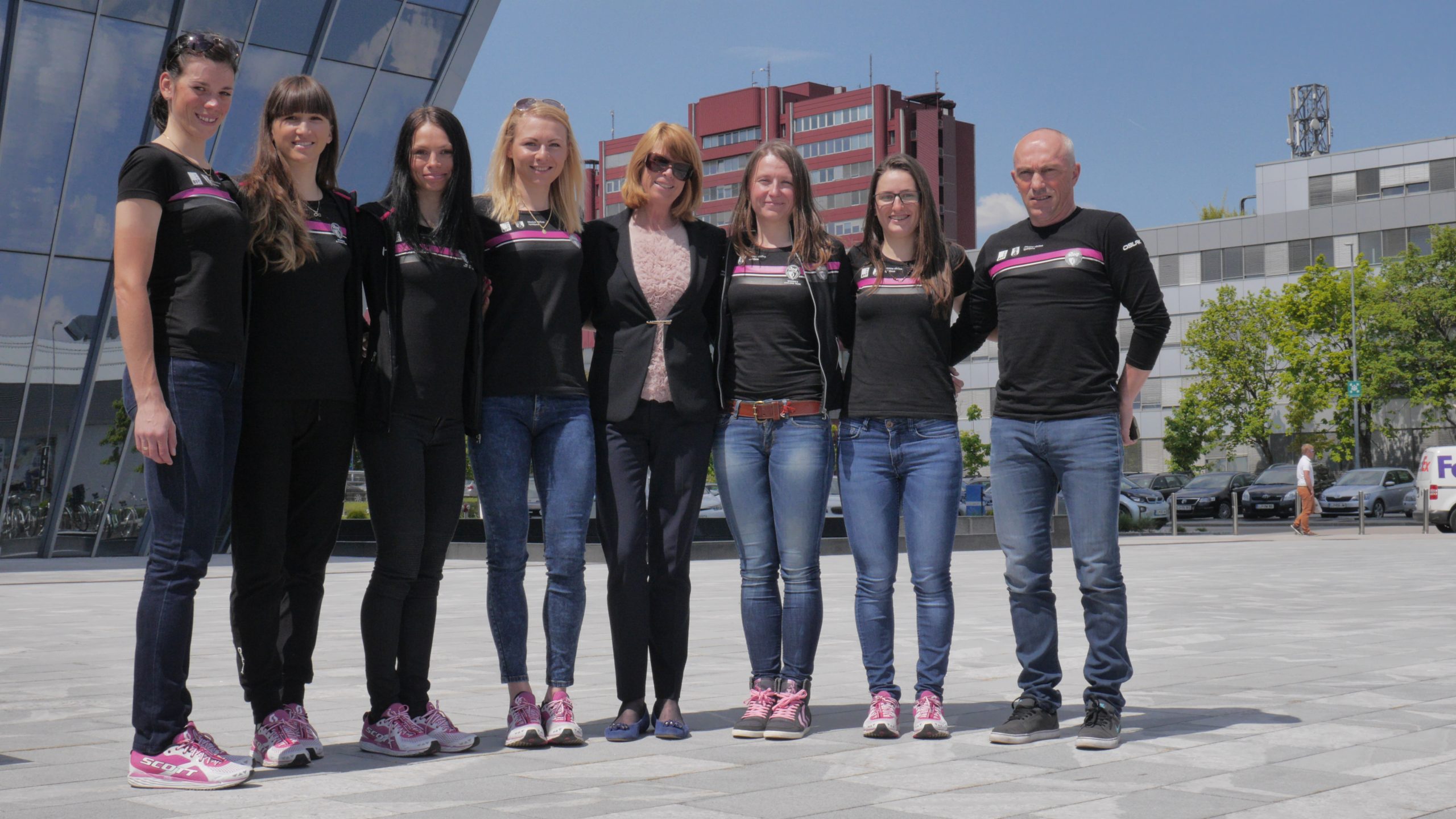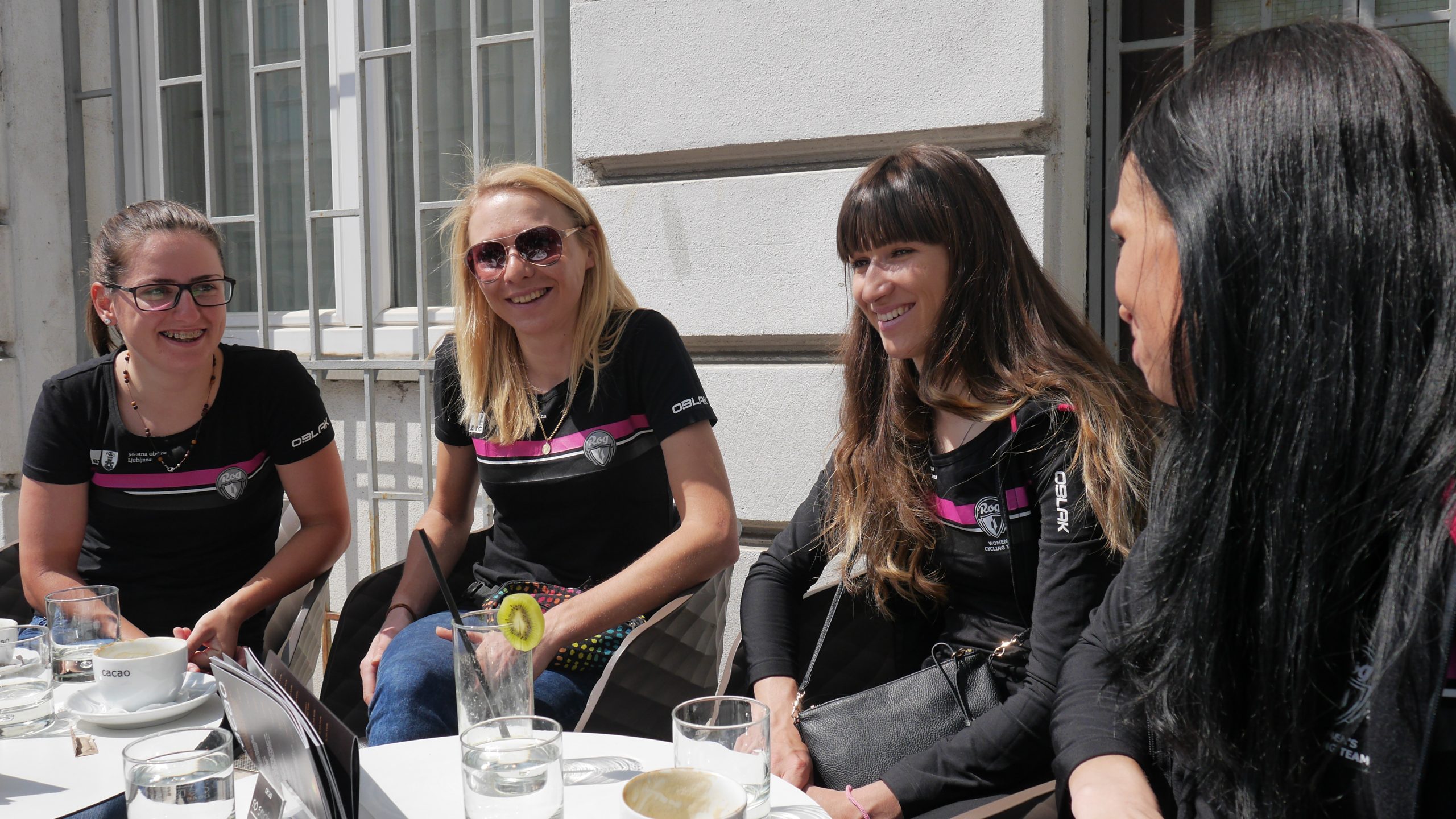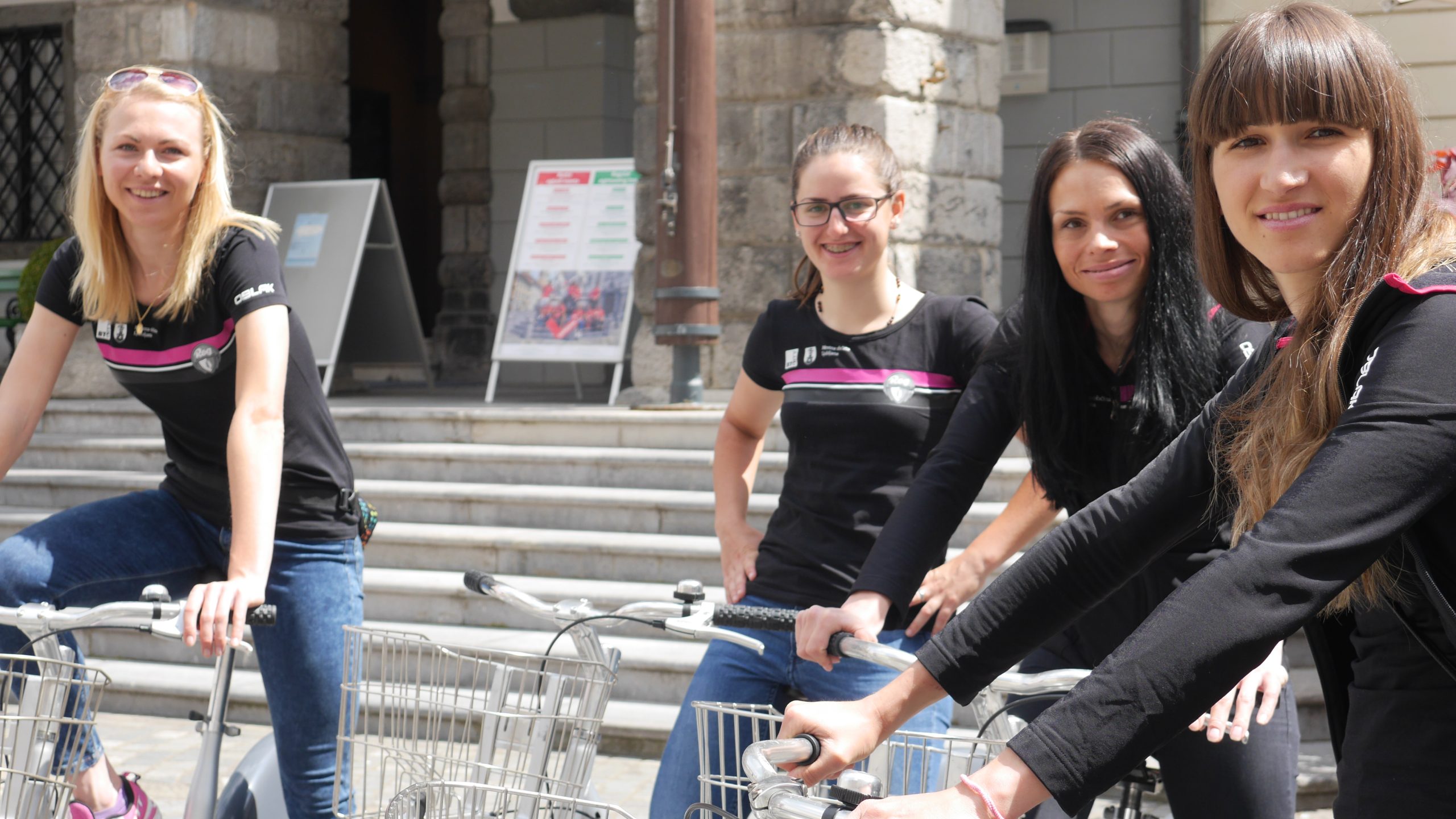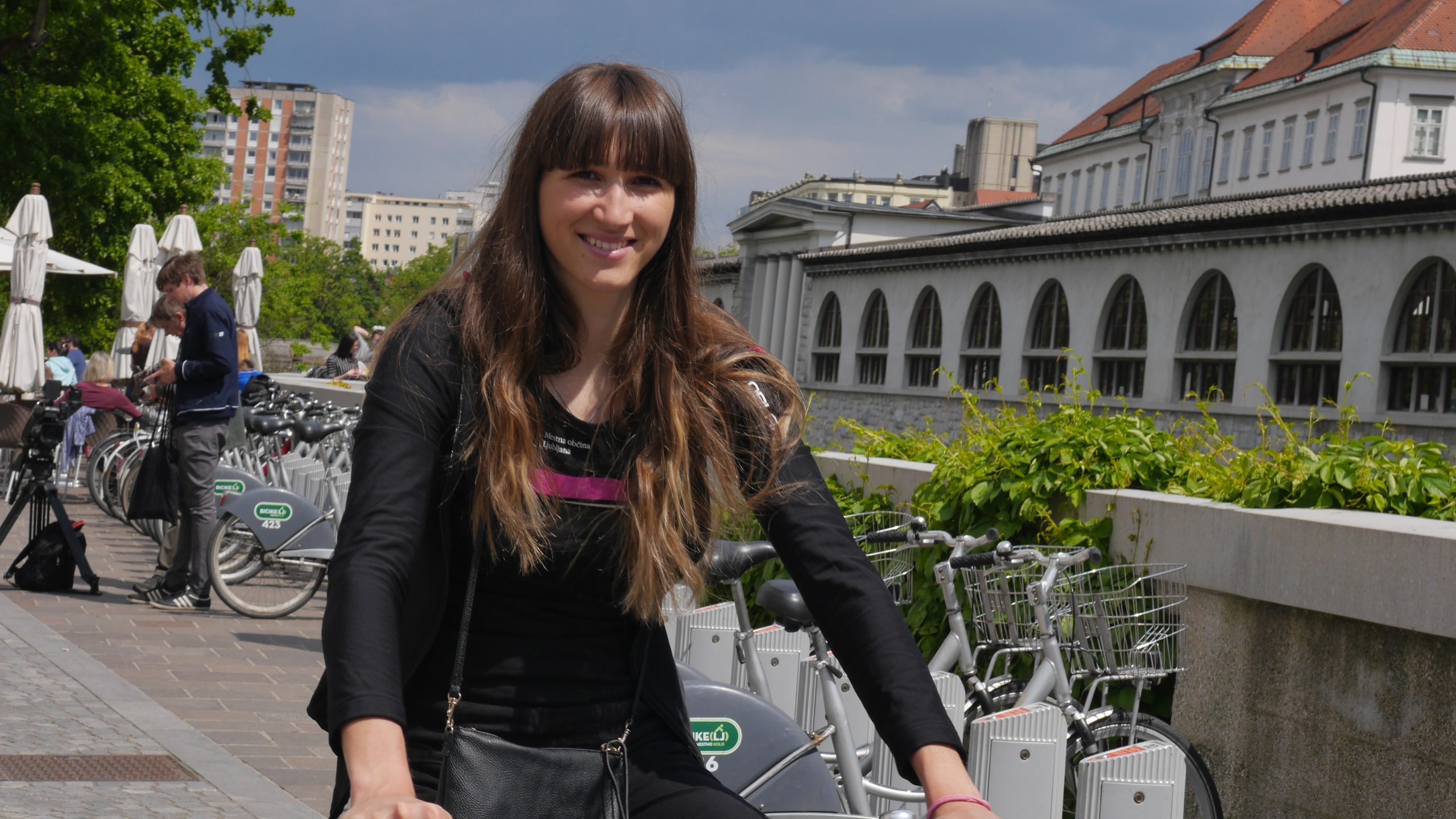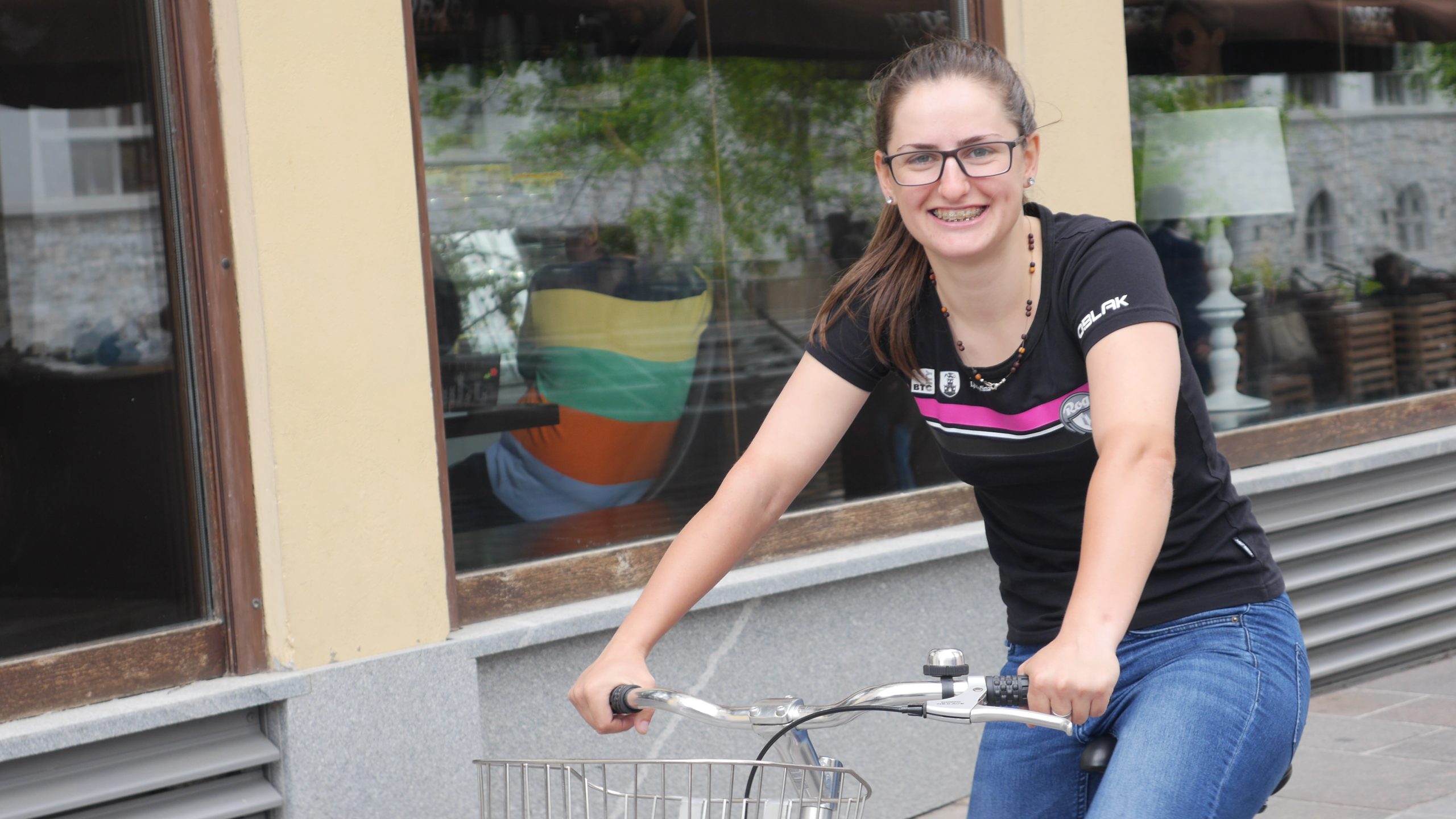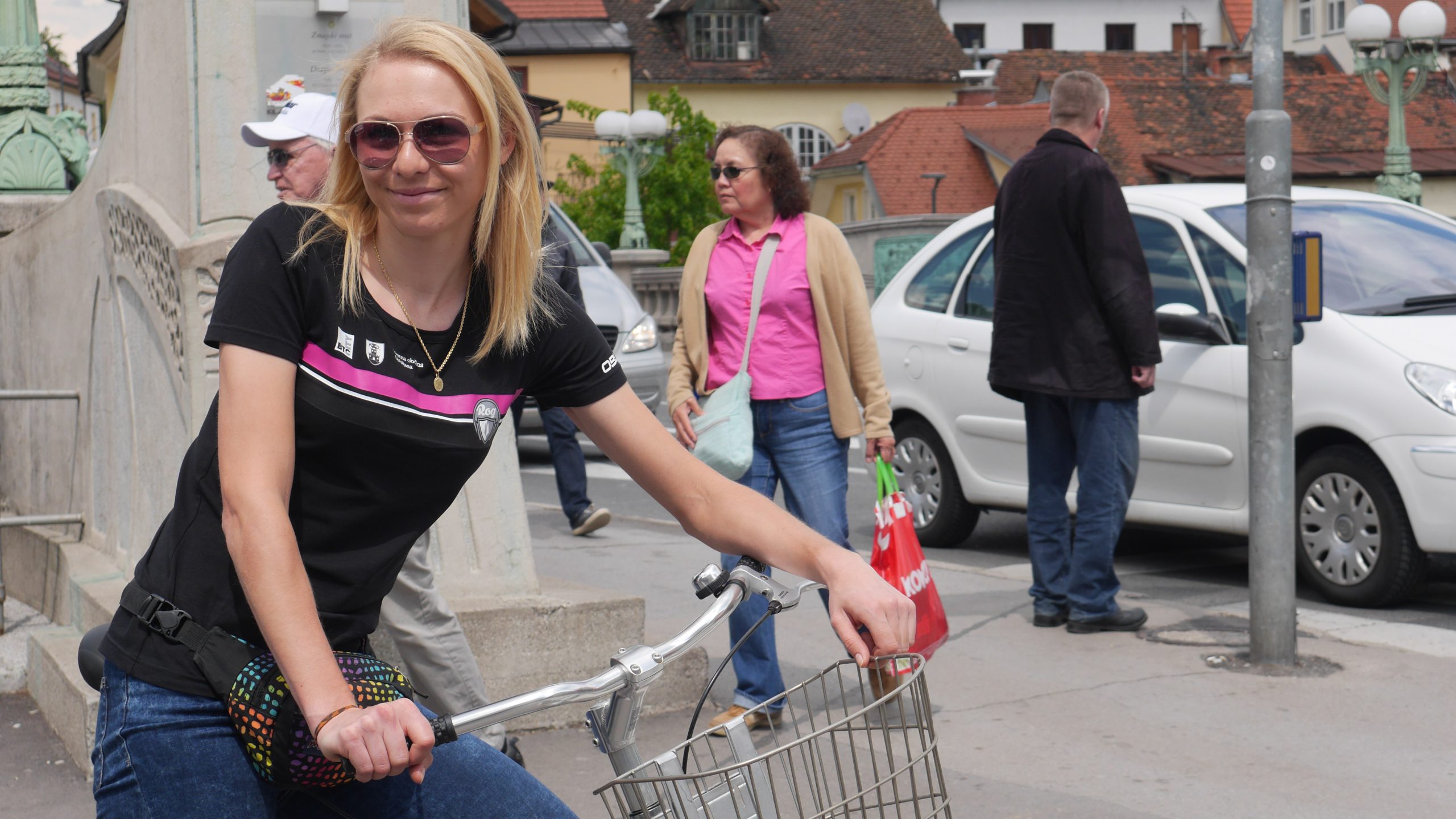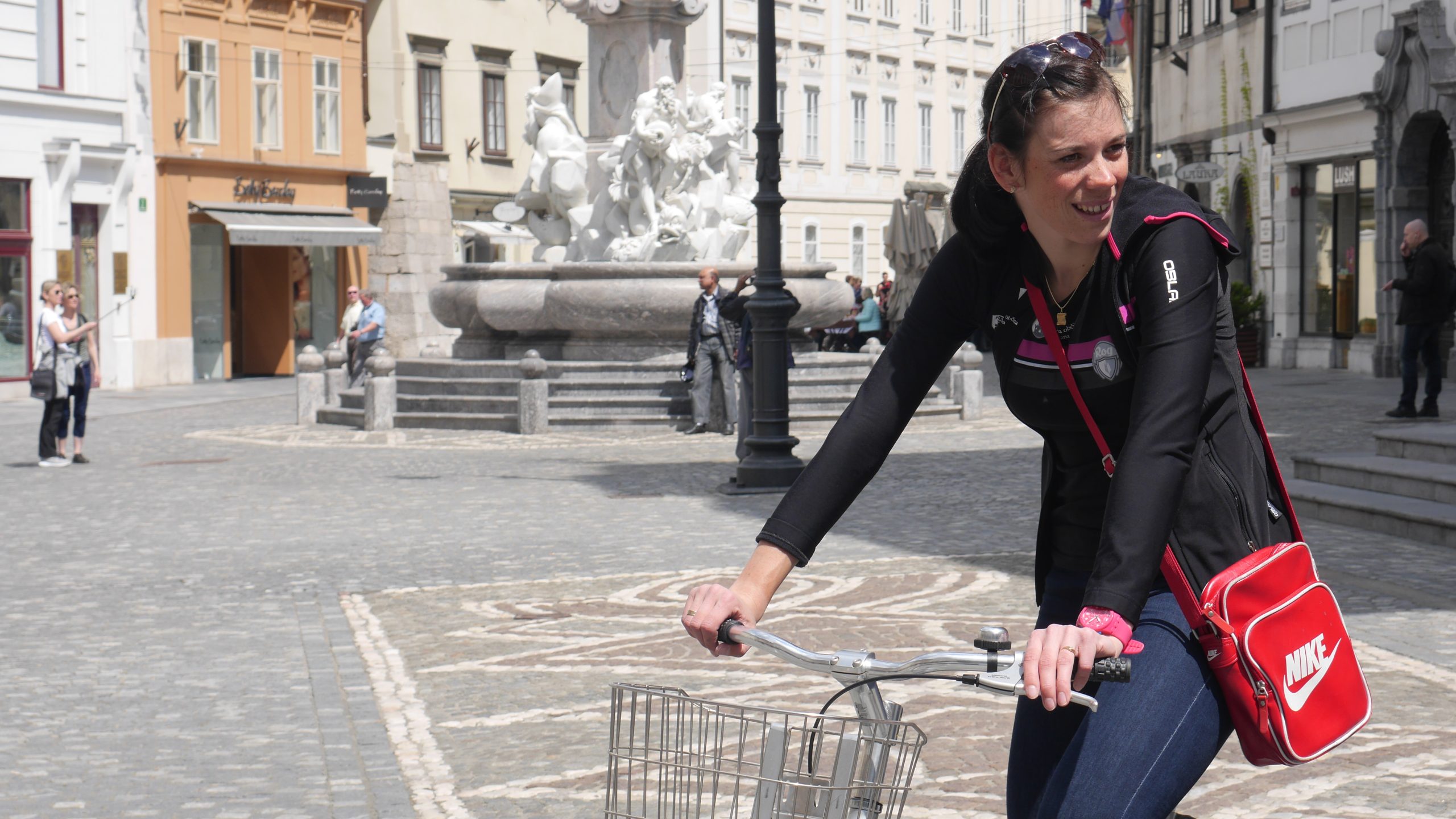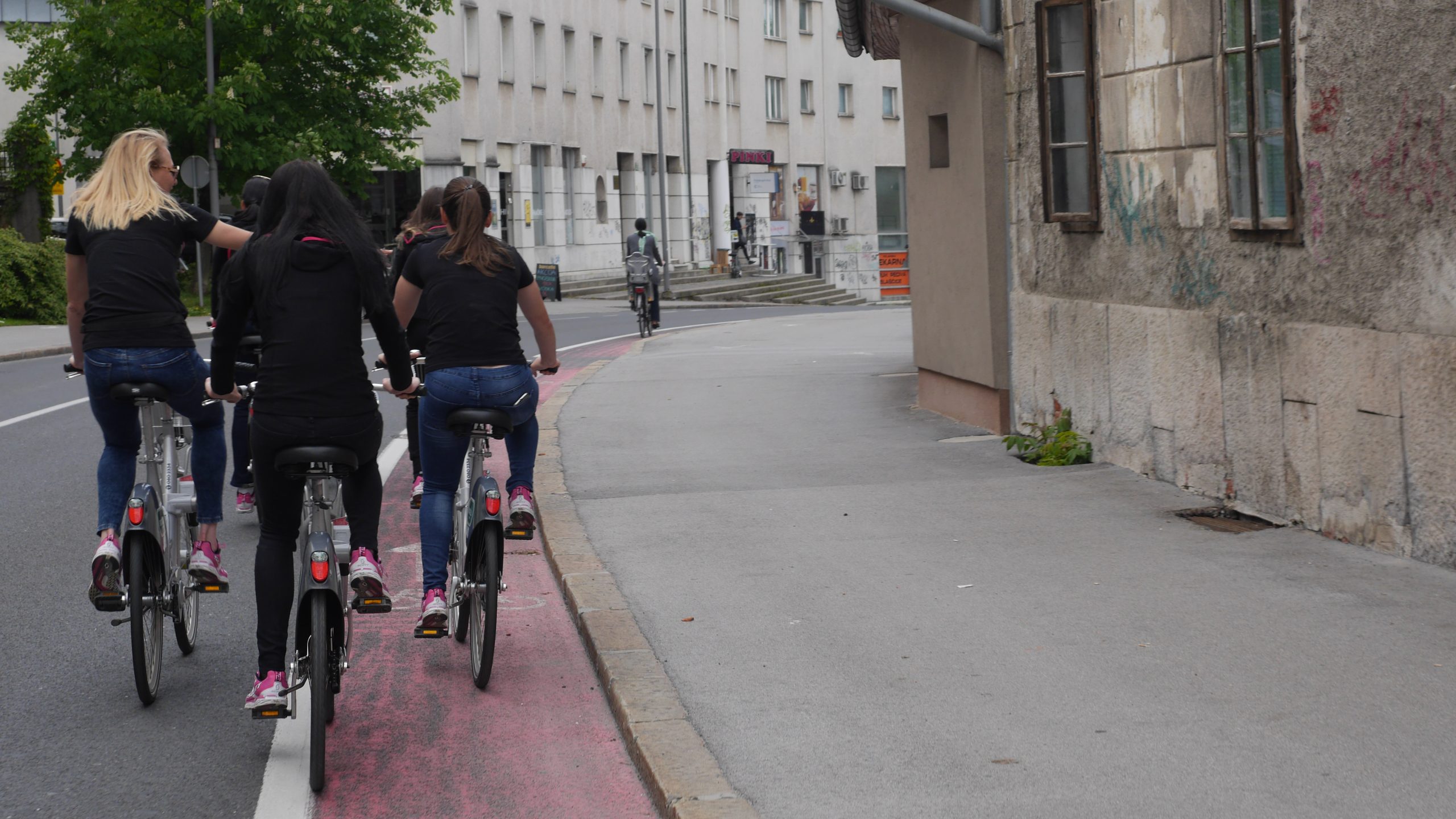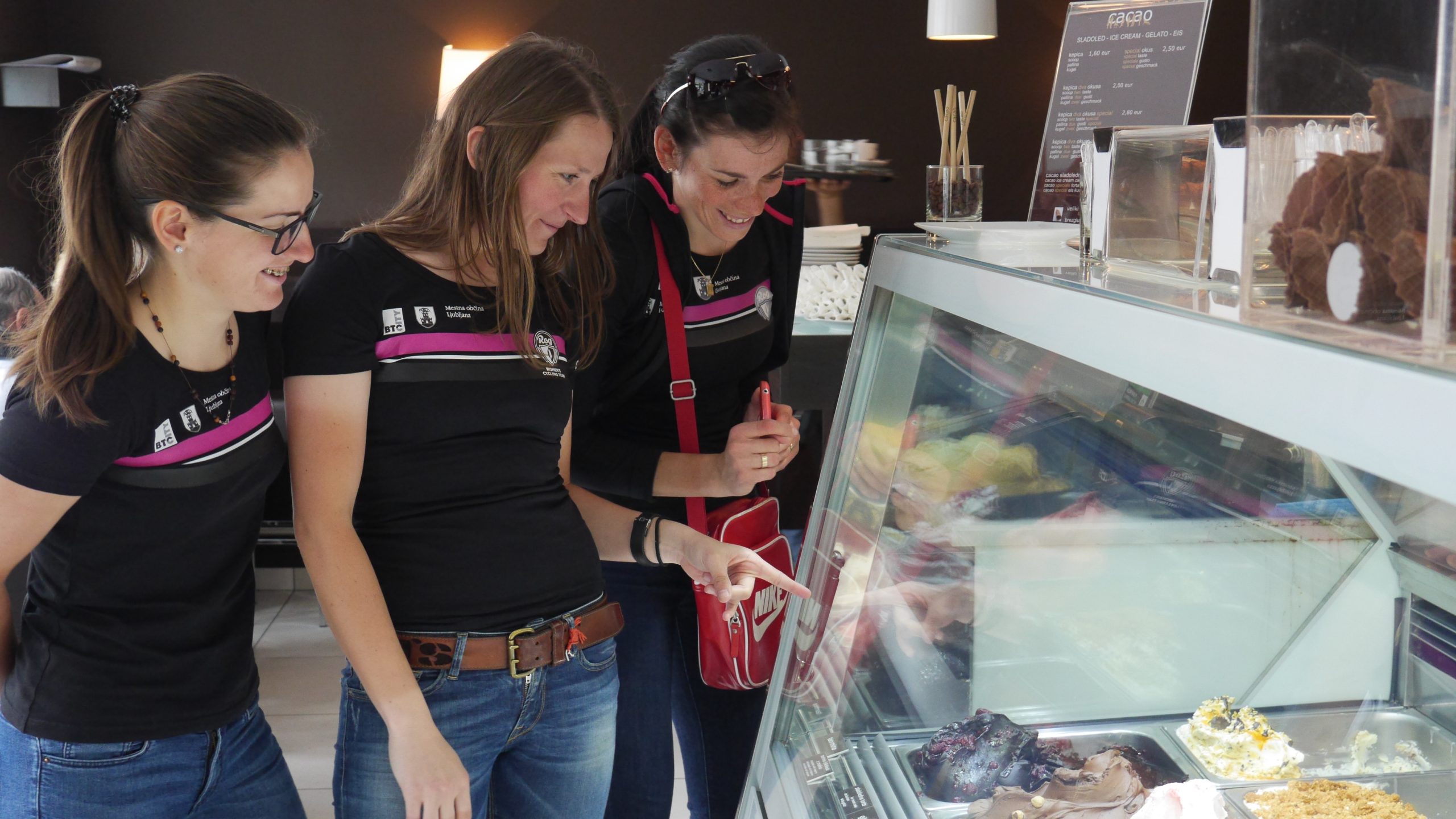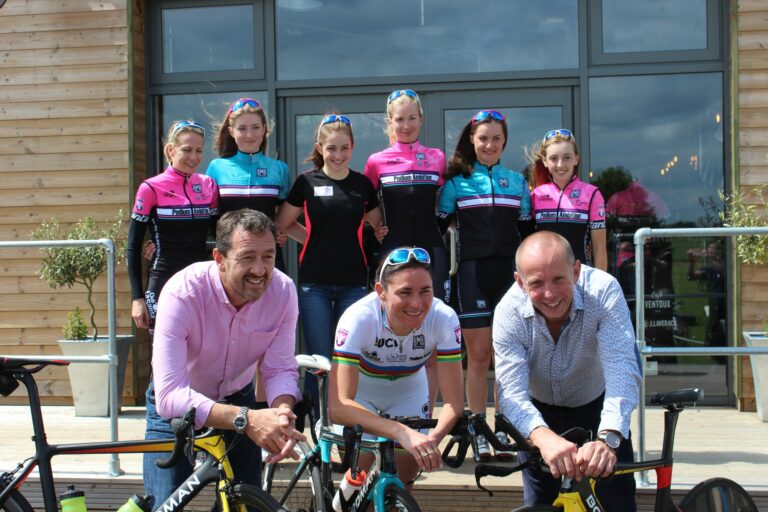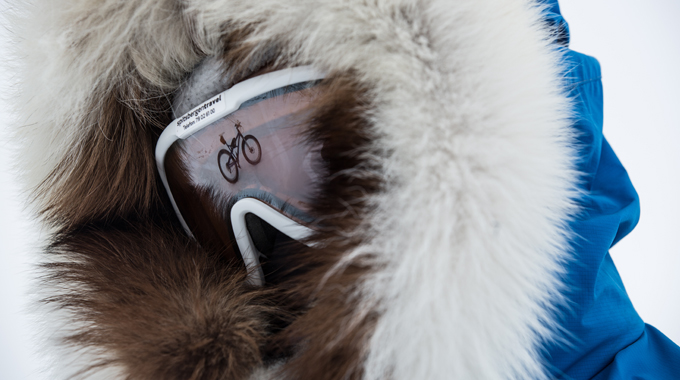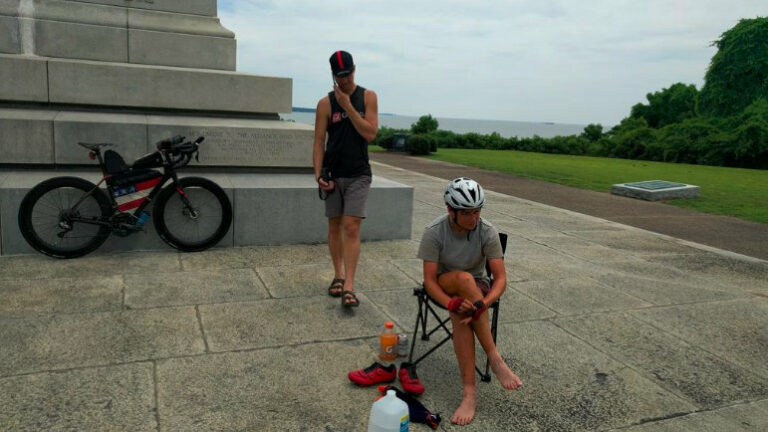For many of the riders, cycling was something they had tried as children, but with little or no opportunities to progress – no teams, no women to look up to, no money in the sport – they pursued other avenues before coming back to the bike later in life.
Eugenia Bujak, one of the team’s highest-ranking athletes, started on the track in Poland at the age of 21 having ridden her brother’s bike from the age of 10. “I was like a child learning to walk. I went on the track because I had no other option,” she explains.
“Two years ago, BTC City got in touch and asked me to join the team. They had seen me in the World Championships and thought I wasn’t bad, and gave me the opportunity to try the road again. Now the road is my focus.”
“I thought I wasn’t bad,” she says. This modesty is characteristic of the team – keen to downplay their exceptional achievements and efforts that have seen them move from a 15th place finish in 2015 to current 12th in the UCI rankings for 2016.
“At this moment, I’m the only female rider [from Serbia] who is racing. The only elite woman.”
For Jelena it’s a similar story. “When I started there were no girls. Not even one. So I raced with the guys. I went to the World Championships and qualified for the Youth Olympic Games in mountain biking then turned my attention to the road. I got good results in the World Champs and then Gorazd took me into the team. At this moment, I’m the only female rider [from Serbia] who is racing. The only elite woman. There’s one other girl who does mountain biking, she’s really good, and there’s me”.
Anna Plichta is from Poland and grew up disliking sport. “Now she’s our powerhouse” Jelena chimes in as Anna tells her story. Her sisters joined a mountain biking class, and when she saw how much fun they were having she decided to join too. They quit; she stayed on, competing in local races.
“I was sure I wouldn’t be a cyclist. I really didn’t like mountain biking, the downhills and everything really scared me. But when I tried the road, everything changed. In my first race I came second, and I knew it was something I wanted to do.”
After training as a physiotherapist and taking time out from sport, Anna felt something was missing. So she got back on the bike. A year later she’d found a new team and was competing in the UCI. Another year on she’d joined BTC City.

